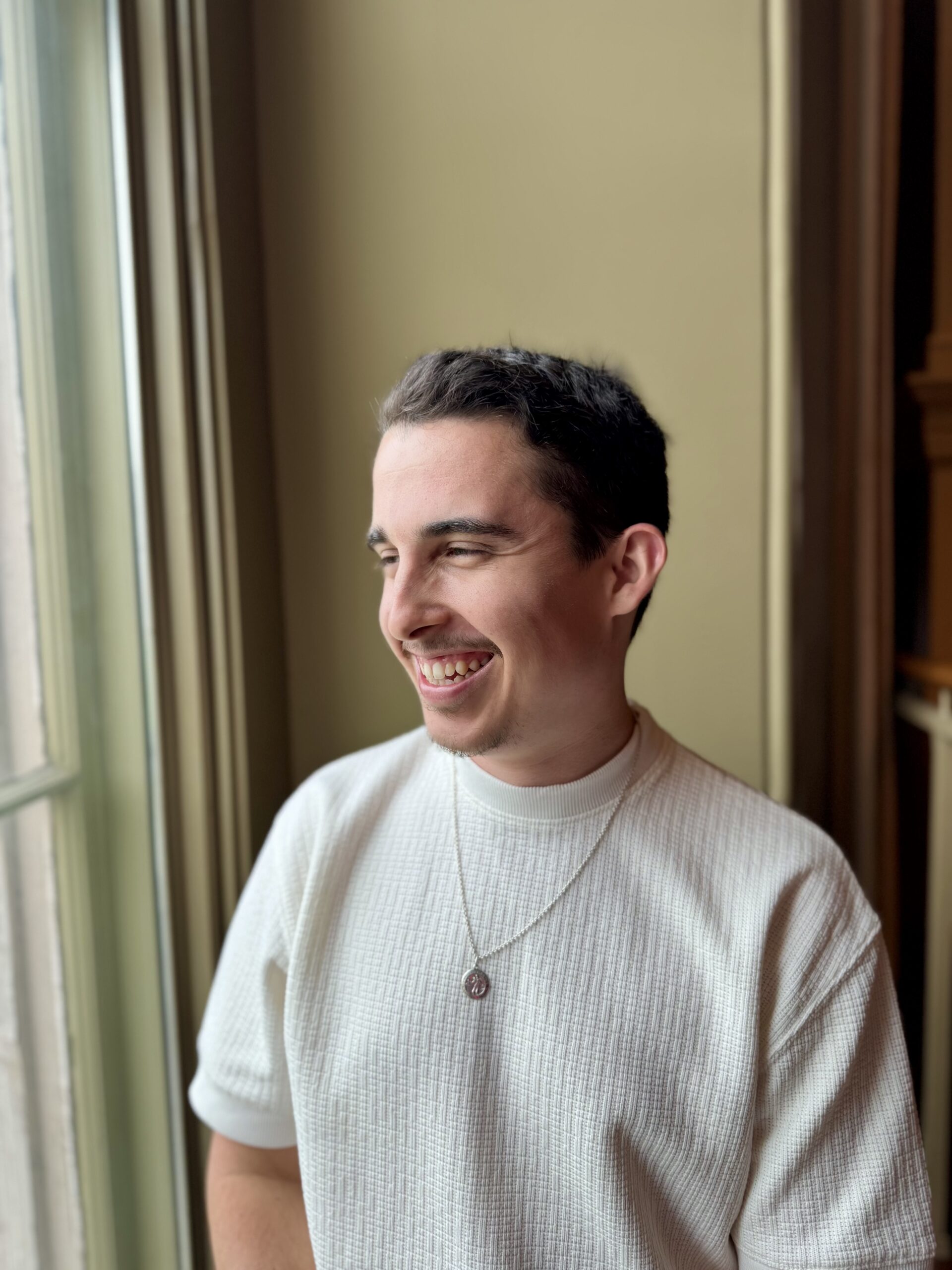Biography
A native of Southern California, Noah Parady’s music aims to capture the complexity and beauty of history, emotion, philosophy, nature, and humanity. His works aim to evoke profound emotions and invite listeners to contemplate the gravity of the human experience and its surroundings. Through these explorations, Parady delves into his own thoughts and life, hoping they can catalyze connection and understanding with performers and audiences alike–crafting music that feels both familiar and timeless, playful and contemplative.
His music has been performed across the United States in collegiate and high school ensembles, including at the International Horn Society’s Southwest Conference, Peabody Institute Organ Department, Johns Hopkins Physics Department, and University of Redlands’ Orchestra, Wind Ensemble, and Feast of Lights Ensemble. Some of his most notable works include Sextet for Winds and Piano (2022), Las Campanas Del Rey (2021), Short Sonata for Organ (2023), and the recently commissioned Two Pieces for Flute and Piano (2023) and most recent commission Exaltationem (2024) for the Cortina Brass Quintet.
Noah is also the co-host of the podcast Noted, which explores the importance of wind ensemble literature and repertoire in the context of secondary and collegiate education. The podcast’s goal is to educate and explore what makes the wind ensemble compelling, important, and relevant as an ever-growing genre of music–which for many students across the United States is some of the first experiences of large ensemble repertoire. The repertoire explored ranges from composers of the present to the early 1930’s.
Noah received his Masters Degree in Composition from The Peabody Conservatory at Johns Hopkins University under the tutelage of Michael Hersch. He received his Bachelor’s of Music in Music Composition from the University of Redlands Conservatory of Music as a student of Dr. Anthony Suter and Dr. Andre Myers.
In his spare time, Noah is an avid gardener and a pursuer of random knowledge.
